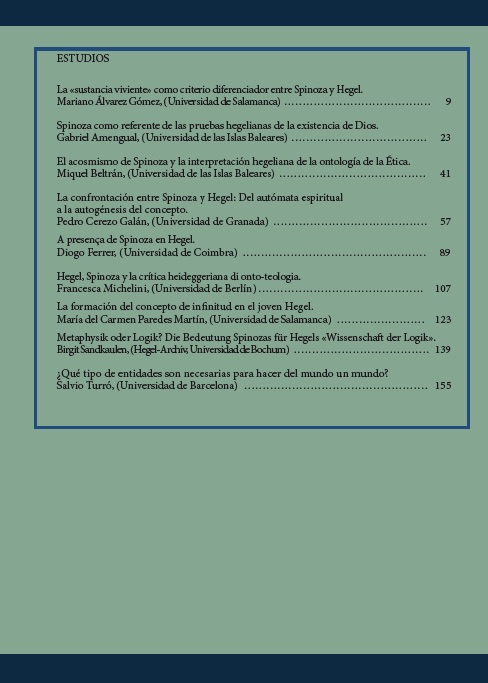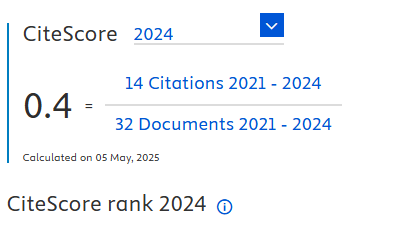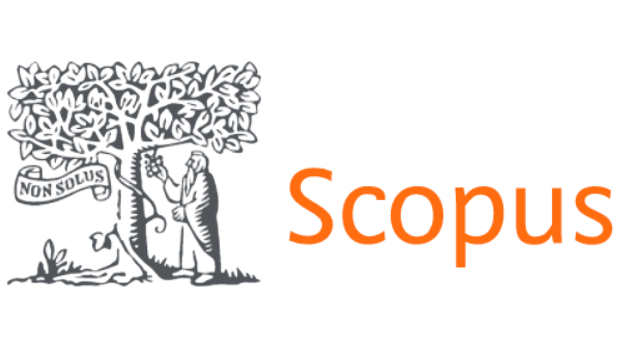Perseverar y superar (del ‘conatus’ a la ‘Aufhebung’): La crítica de Hegel a Spinoza Persevering and Sublating (from conatus to Aufhebung): Hegel’s Critique of Spinoza
DOI:
https://doi.org/10.24310/stheg.v0i1.3697Keywords:
substance and Concept, Dialectics, Sublation, Conatus, Causa suiAbstract
In its first part, this paper reviews critically the main points of the reception of Spinoza’s Ethics in Hegel’s Lessons on the History of Philosophy, namely: (1) Spinoza’s substantial monism and its consequences for the individual; (2) Hegel’s claims about the decisive importance of Spinoza’s statement that ‘all determination is negation’; (3) the speculative meaning of Spinoza’s concept of causa sui. According to Hegel, one of the main shortcomings of Spinoza’s conceptions lies in his analytic-demonstrative method, which proceeds from definitions to theorems. By this method, the monist substance appears as a sterile metaphysical construction. The second part of the paper shows that the main point of divergence between the two philosophers can be found in the Prop. III, 4 of Spinoza’s Ethics, on his concept of ‘conatus’ which is totally incompatible with Hegel’s concept of “sublation” (Aufhebung).The third part of the paper reviews Hegel’s dialectical reconstruction of Spinoza’s arguments in the Science of Logic. Here Hegel exposes what he takes to be the “true refutation of Spinozism”, namely the logical sublation of the blind necessity of substance by the subjective freedom of ‘concept’. In this way, Hegel’s version of monism takes conflict and opposition into account in a way that was not possible before him.
Downloads
Metrics
Publication Facts
Reviewer profiles N/A
Author statements
Indexed in
-
—
- Academic society
- N/A
- Publisher
- Universidad de Málaga
Downloads
Published
How to Cite
Issue
Section
License
This journal provides immediate free access to its content under the principle of making research freely available to the public. All contents published in Studia Hegeliana. Journal of the Spanish Society for Hegelian Studies, are subject to the Creative Commons Attribution-NonCommercial-ShareAlike 4.0 licence (specifically, CC-by-nc-sa), the full text of which can be found at <http://creativecommons.org/licenses/by-nc-sa/4.0>. Derivative works are therefore permitted as long as they are not used for commercial purposes. The original work may not be used for commercial purposes. The journal is not responsible for the opinions expressed by the authors of the works published in it.
It is the authors' responsibility to obtain the necessary permissions for images that are subject to copyright.
Authors whose contributions are accepted for publication in this journal retain the copyright. It is non-exclusive right to use their contributions for scholarly, research and educational purposes, including self-archiving or deposit in open access repositories of any kind.
Since volume 7 of 2021 the journal Studia Hegeliana has changed the copyright. Since that year the authors have retained the copyright.
The electronic edition of this journal is published by the Editorial de la Universidad de Málaga (UmaEditorial), being necessary to cite the source in any partial or total reproduction.







244.png)




















